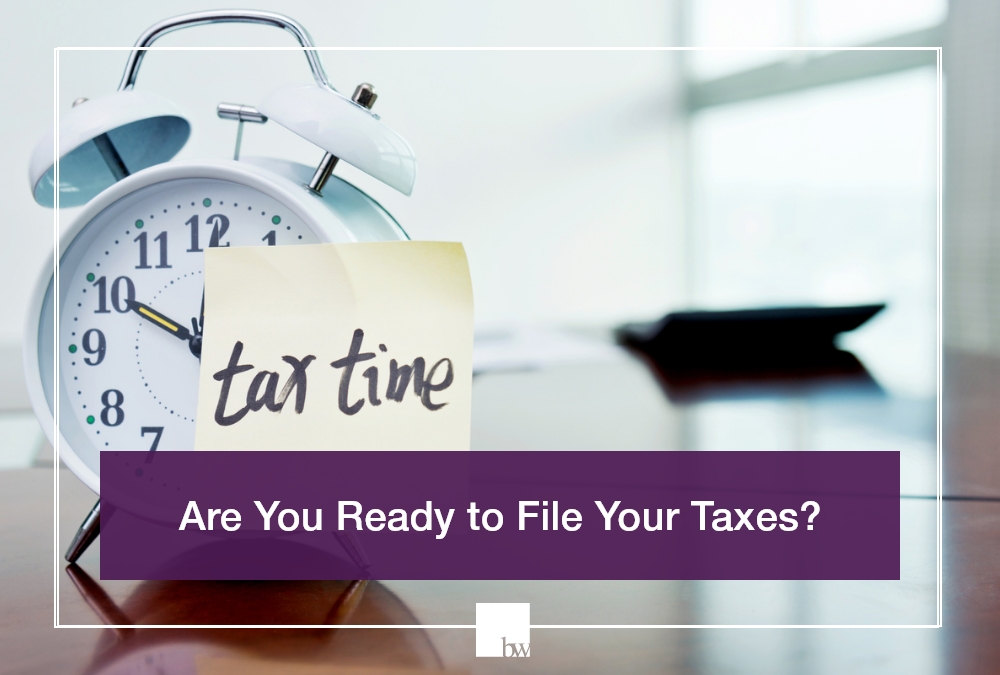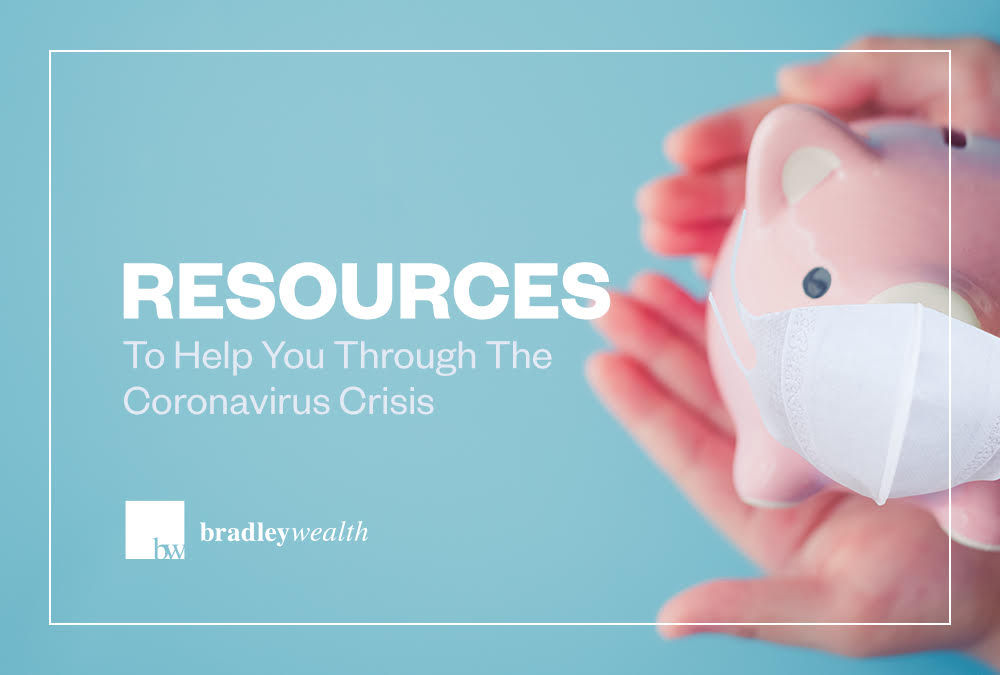
Are You Ready to File Your 2021 Federal Tax Return?
Posted on April 07, 2022
Planning and Guidance, Tailored To Your Life and Goals
News
Posted on May 28, 2020

Our World has Changed In just a few weeks, the virus changed our world in significant ways. We became familiar with new terms – elbow bump, social distancing, shelter-in-place, flatten the curve – and learned to guesstimate six feet. We’ve found ways to help our children with schoolwork (often while balancing our own work and online meetings), make cloth masks for ourselves and for healthcare workers, and learn to manage the loneliness that accompanies quarantine conditions. The Economy Businesses have seen sales and revenue decline. As a result, millions of people are without work. In February 2020, the St. Louis Federal Reserve reported 3.5 percent of the civilian workforce, about 5.76 million people, were out of work. By the end of June, estimates suggest unemployment could reach 32.1 percent and about 52.8 million people may be out of work.1 Whether you are working reduced hours, furloughed, or out of work, there are resources available to help you stay afloat financially. The Federal Reserve, commercial banks, financial institutions, and federal, state, and local governments have taken steps to help people cope. Here are some tips and financial resources available to individuals. Beware of Scams The Federal Trade Commission has cautioned Americans to beware of scams associated with the stimulus checks:3 “Do not give anyone your personal information to ‘sign-up’ for your relief check. There is nothing to sign up for. Anyone calling to ask for your personal information, like your Social Security number, PayPal account, or bank information is a scammer, plain and simple. Also, be on the lookout for email phishing scams where scammers pretend to be from the government and ask for your information as part of the ‘sign-up’ process for the checks…No one has early access to this money. Anyone that claims to [provide early access] is a scammer.” Electronic transfers of funds began on April 9, 2020. Paper checks began being issued on April 24, 2020, to taxpayers who have not used electronic deposit for tax refunds, reported The Washington Post.4 Higher Unemployment Benefits The Emergency Unemployment Insurance Stabilization and Access Act of 2020 was passed as part of the CARES Act. It increased unemployment benefits by $600 per week through July 31, 2020. Because the average unemployment benefit in the United States is about $300 per week, according to the Center on Budget and Policy Priorities, households may receive about $900 per week or $3,600 per month in unemployment benefits.5, 6 States also have the option to make unemployment benefits available to independent contractors, gig workers, and other workers who are not usually eligible to receive benefits.5 Paid Sick Leave and Expanded Family and Medical Leave The Families First Coronavirus Response Act provides additional benefits to people who work for companies with 500 or fewer employees. These benefits include:7